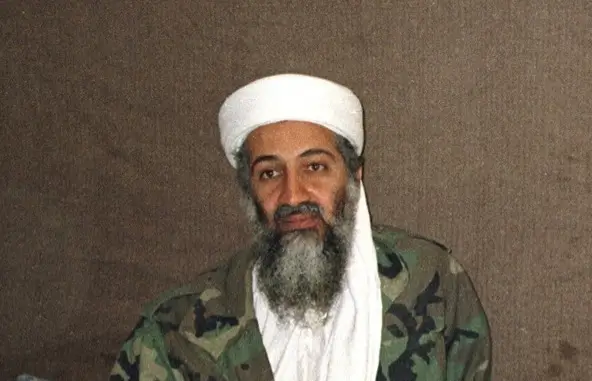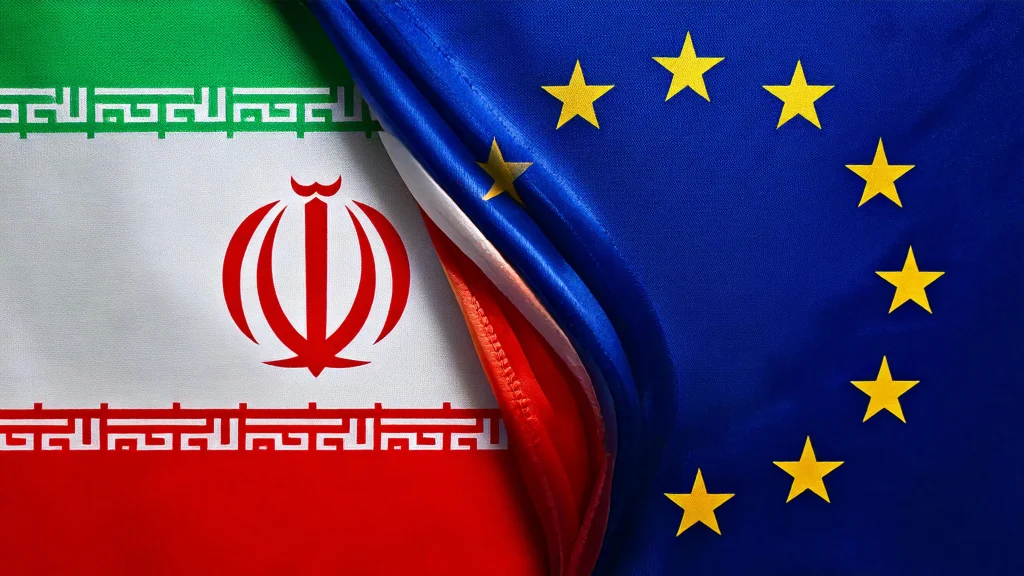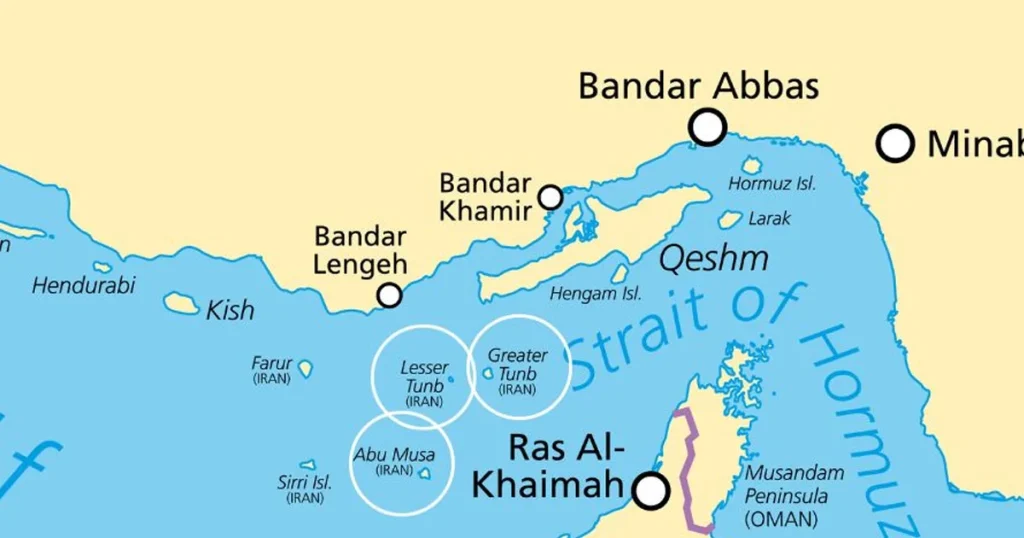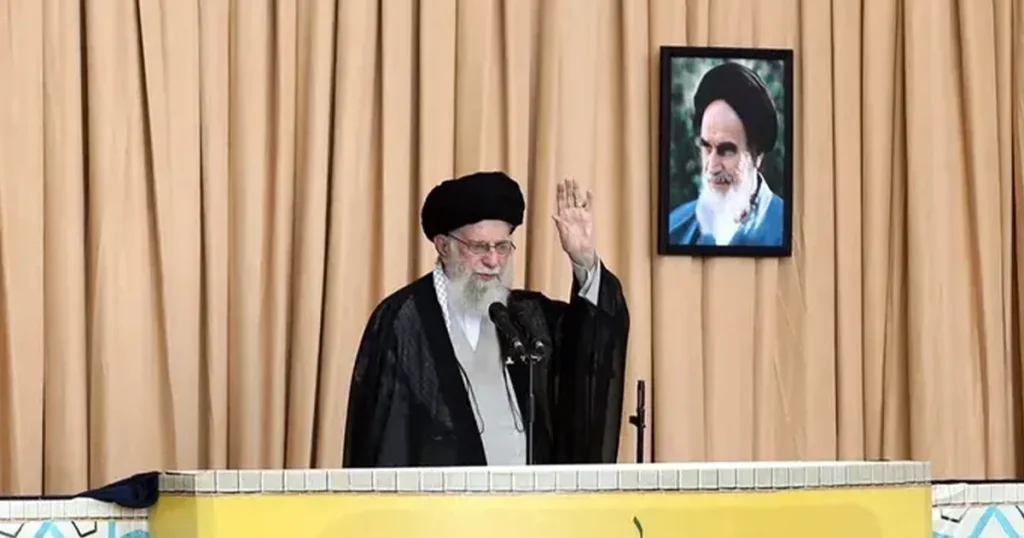The Islamic Revolutionary Guard Corps (IRGC) has long been instrumental in the Islamic Republic’s regional strategy, and recent revelations underscore its destabilizing role in the Middle East. A report by the Afghanistan United Front (AUF) has disclosed a clandestine agreement between the IRGC and Al-Qaeda, highlighting a covert relationship with significant global security implications.
The Secret Alliance
In October 2021, a pivotal meeting took place in Tehran involving high-ranking figures: Esmail Qaani, the commander of the IRGC Quds Force; Saif al-Adel, a prominent Al-Qaeda leader; and a senior Taliban representative. This meeting was not a mere discussion but a strategic alignment. The Taliban agreed to provide training for Al-Qaeda fighters, with the IRGC offering financial backing for their operations. This alliance is particularly alarming given the distinct ideological differences between the Islamic Republic’s Shiite regime and the Sunni militant group, showcasing a pragmatic approach to mutual interests in destabilizing adversaries.
Financial and Logistical Support
The IRGC’s support for Al-Qaeda is multifaceted. Financial aid is a significant component, enabling Al-Qaeda to sustain and expand its operations across the Middle East and Africa. Additionally, the IRGC has been implicated in providing safe havens and logistical assistance, allowing Al-Qaeda operatives to transit through Iran and, at times, reside within its borders. This level of support is crucial for Al-Qaeda, bolstering its capabilities to orchestrate attacks and maintain its network despite international efforts to dismantle it.
Strategic Implications
The collaboration between the IRGC and Al-Qaeda extends beyond mere financial and logistical support. It represents a strategic maneuver by the Islamic Republic to leverage extremist groups as proxies in its broader geopolitical agenda. By supporting Al-Qaeda, the IRGC aims to undermine U.S. interests and those of its allies in the region. This indirect approach allows the Islamic Republic to exert influence and create instability without engaging in direct conflict, complicating international security efforts.
The Call for Proscription
Given the IRGC’s direct involvement in funding and supporting Al-Qaeda, it is imperative for the international community to reassess its stance on the IRGC. The United Kingdom and the European Union have yet to designate the IRGC in its entirety as a terrorist organization. Such a designation is crucial for several reasons:
- Disrupting Financial Networks: Proscribing the IRGC would hinder its ability to fund terrorist activities, thereby weakening groups like Al-Qaeda.
- Enhancing Security Measures: A formal designation would facilitate more robust security measures, preventing IRGC operatives from operating freely within and outside the Islamic Republic.
- Sending a Clear Message: It would signal a unified stance against state-sponsored terrorism, reaffirming the commitment of the UK and EU to combatting global terrorism.
In conclusion, the evidence of the IRGC’s support for Al-Qaeda underscores the necessity for decisive action. Designating the IRGC as a terrorist organization is not only a strategic imperative but also a moral one, aimed at safeguarding global peace and security. The international community must act swiftly to curtail the IRGC’s influence and disrupt its support for terrorist networks.






